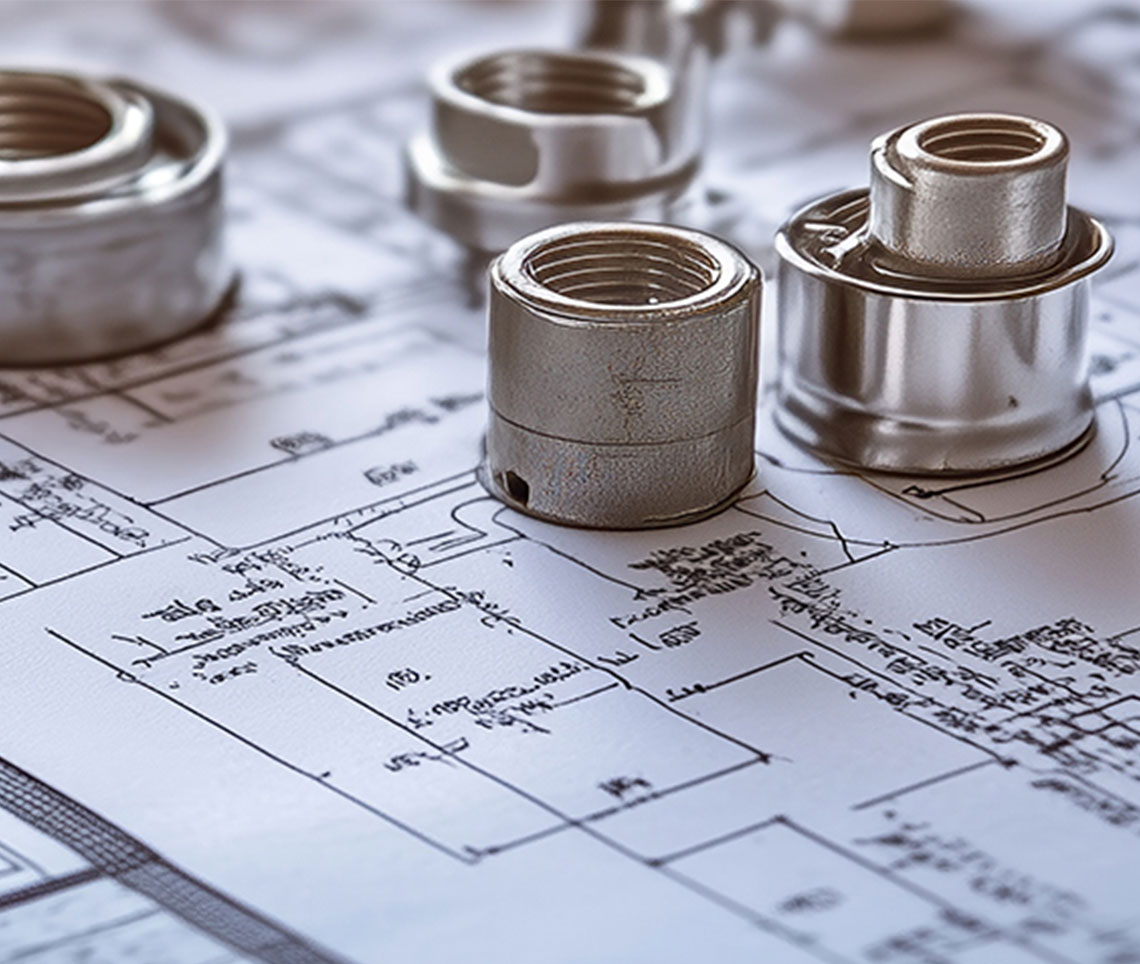Hydrogen Sulfide Odor / Rotten Egg Smell and Chlorinating Water Heaters
March 1, 2022 Bradford White
Three ingredients are required to generate hydrogen sulfide odor that gives water its rotten egg smell: sulfur, hydrogen, and bacteria.
If any of the above elements are removed there should be no odor. It is not always possible to remove the trace of sulfur that is present in most water, and corroding metals generate hydrogen. Sulfur eating bacteria are resistant to heat up to approximately 225ºF. They are both water borne and air borne. A perfect glass lined tank, without an anode rod, would generate such a small quantity of hydrogen that it would not create an odor. However, there would be some corrosion and it would penetrate the steel in a period of time. The magnesium anode installed in the tank protects the tank surface but generates enough hydrogen to create an odor problem when the hydrogen reacts with sulfur and bacteria. Removal of the magnesium anode and replacement with a Bradford White A420 anode rod may minimize the problem. Complete removal of the anode (magnesium or aluminum) will void the warranty and shorten tank life. The only satisfactory method to control the hydrogen sulfide odor is to control the bacteria. As a rule, public water supplies that are properly chlorinated will kill the bacteria. A private well system may be contaminated but, as a rule, it is the pneumatic tank and piping that is contaminated. A contaminated system can be decontaminated by use of a chlorine injector or other purification systems such as ultraviolet. This will destroy the bacteria.
The following steps outline the proper procedure for chlorinating a water heater:
- Turn off the water and power supply or gas supply to the water heater.
- Drain several gallons of water from the drain valve on the water heater.
- Remove the Magnesium anode rod.
- Pour a ½ to 1 gallon of bleach into the water heater through the hot water outlet opening.
- Install the A420 anode rod.
- Re-connect the hot water supply line to the hot water outlet on the water heater.
- Turn on water supply and draw water at each hot water faucet in the residence until a Chlorine odor is noticed.
- Once the Chlorine odor is noticed turn off the faucets and allow the bleach to sit in the water heater and water lines for a minimum of 3 hours, but a full day is desired.
- After Step 8 has been satisfied turn on and draw water at each hot water faucet in the residence until a Chlorine odor is no longer present.
- Turn on the power, or gas supply to the water heater.
Once all of these steps have been followed the water heater can be restored to its normal operating function. If you need to chlorinate your well system or other water system(s) consult your plumbing professional or the supplier of that water system. We’d be happy to set up an in-person or virtual training to help your team learn more preventative maintenance tips. If you are interested, just give our water heater experts a call at (330) 475-8231















